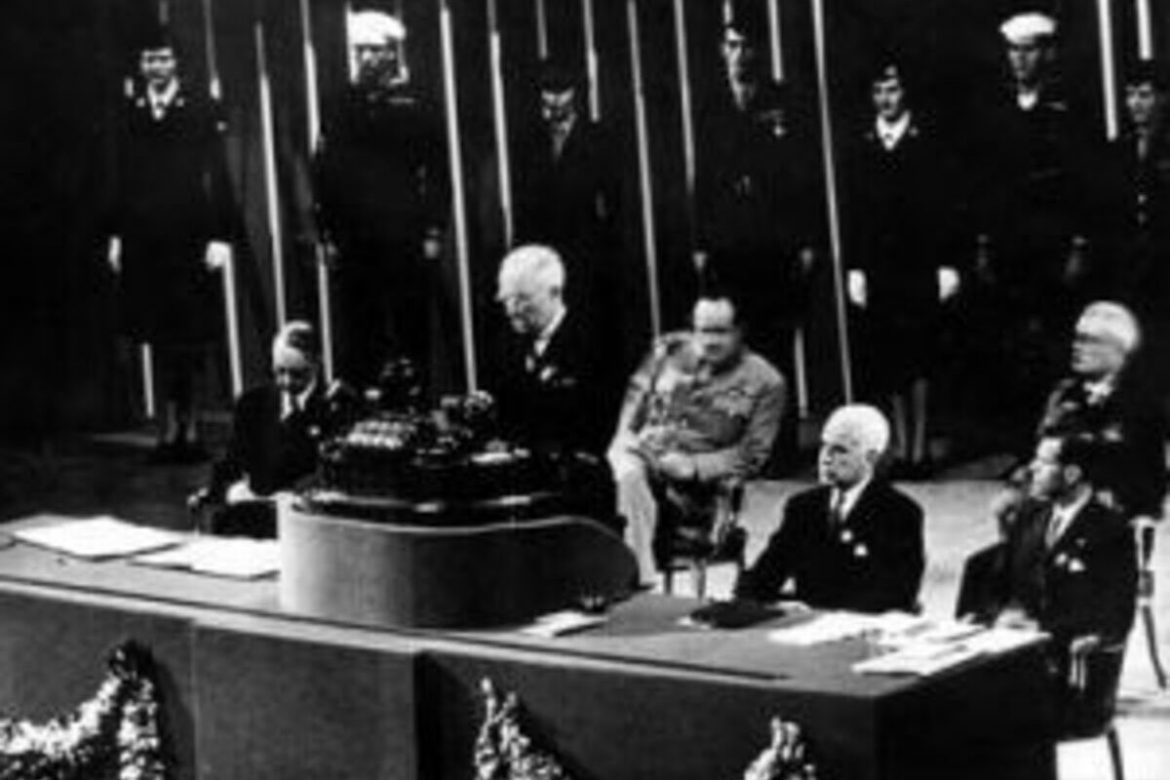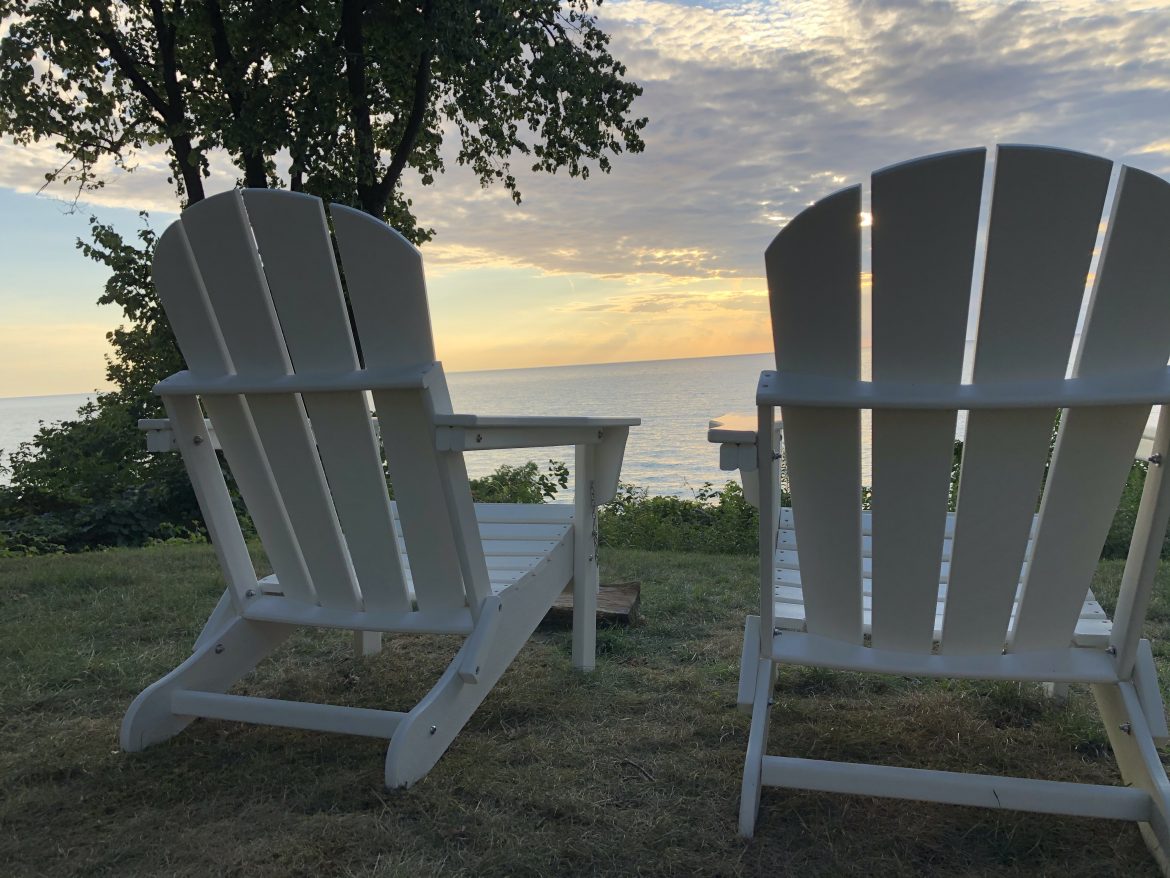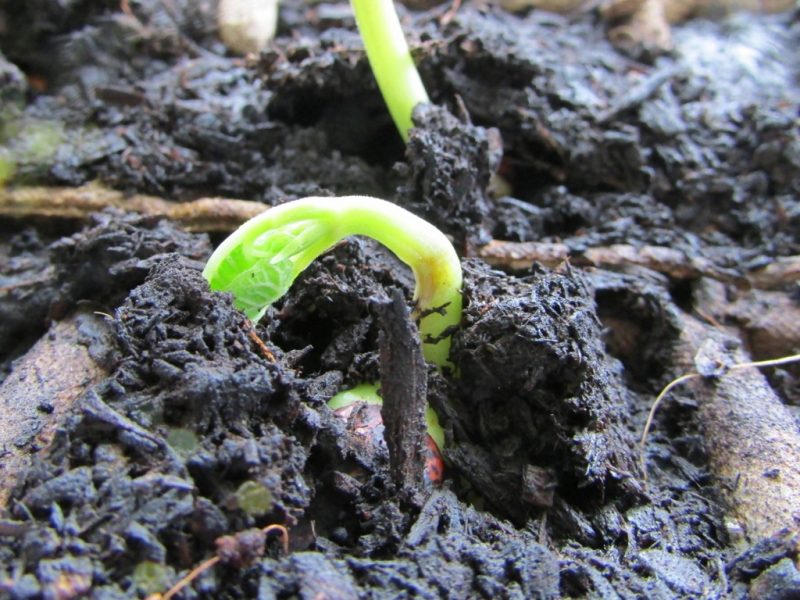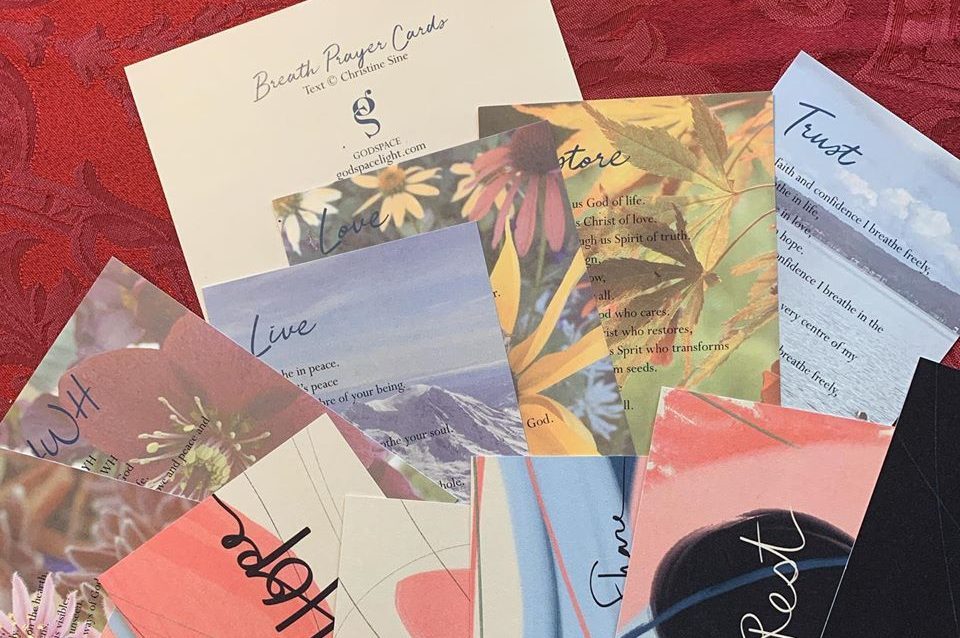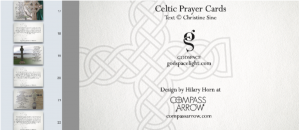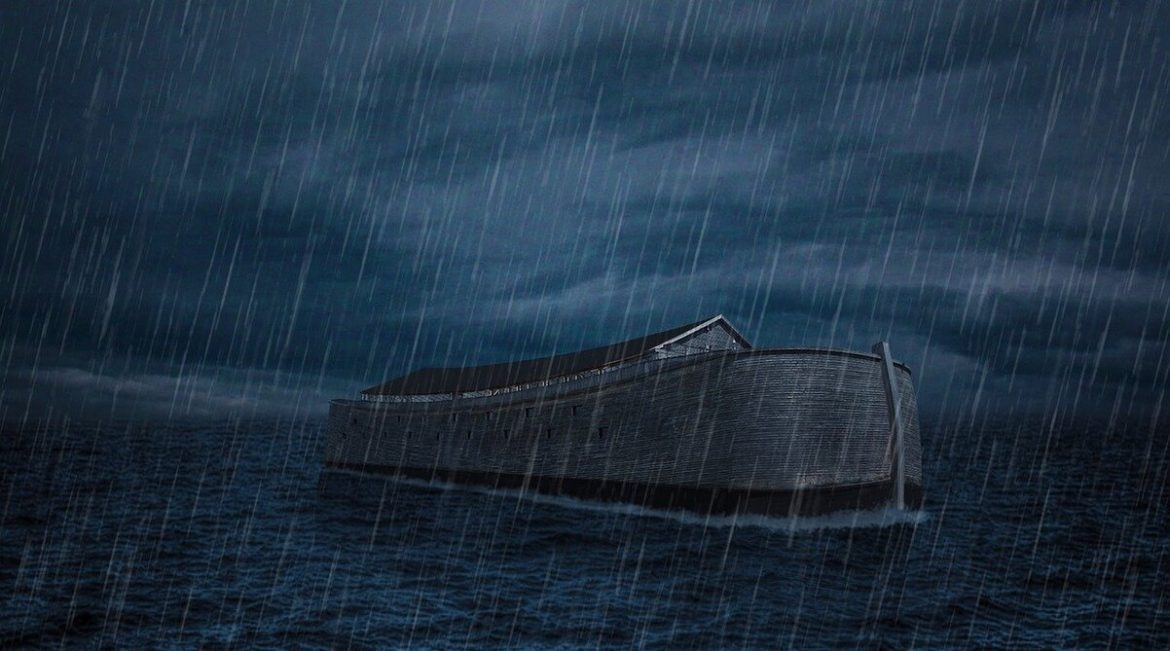by Tom Sine
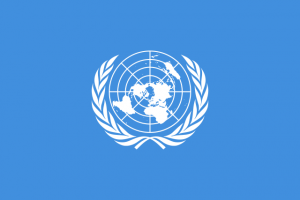
Flag of the United Nations
Photo above: President Truman speaking at the formation of the UN in San Francisco in 1945.
The COVID-19 Pandemic has plunged America into a deeper state of disruption and paralysis than any major global event we have experienced since World War II. New Zealand is among the countries that has been most disciplined in reducing the spread of the virus.
The US has been one of the least disciplined with over 170,000 people losing their lives, as of August 17. And the Pandemic is still rapidly spreading in the US due to failed government leadership. As schools are just beginning to open in the fall of 2020, 1,193 students and teachers have just been quarantined in Georgia. Schools all over the US are likely to experience similar shutdowns as students and teachers come down with the virus. Clearly, we haven’t experienced the worst of this global crisis yet.
Most people have never experienced this kind of totally disruptive global crisis before. However, some of us who are older, can remember the last global crisis… World War II. It was not only globally disruptive, but no one had any idea of how it might end.
Historians remind us that in 1941 the United States was still recovering from the great depression. When the war started in 1942 for the US, a huge number of men were drafted and many women replaced men in the front lines back home.
While 170,000 have lost their lives to Covid-19 as I write, nearly 300,000 American soldiers died by the end of World War II. Of course, the global death rate was much higher by the end of that destructive war and many national economies were devastated as well.
In 1942, when I was six years of age, my parents moved our family from Twin Falls, Idaho to San Francisco, so my dad could take a job in the ship yards. He helped build troop ships.
However, I still remember everyone discovering how disruptive life suddenly became. All of us as kids particularly found the frequent evening air raid drills particularly upsetting… sitting in the dark waiting for the “all clear” signal. Even though I was only a child, I realized the stark reality that the outcome of that war could have gone either way. Thankfully, the war with Germany ended on May 8, 1945.
I was eight-years-old in 1945. That year, I also got my first job delivering newspapers to tenants in the five-story apartment housed on Nob Hill where I lived. One day after I finished delivering my papers, I went up on the roof of my last apartment house… where I had no business being. To my surprise, I discovered half a dozen soldiers, camping tents, guns and supplies. I asked them, “What are you doing here?”.
A sergeant responded, “There is a meeting of international leaders being held at the Fairmont Hotel one block up on Nob Hill.” He added, “Since we were still at war with Japan, this part of San Francisco was a high security area.” I thanked him and gave the soldiers my leftover newspapers.
I headed up that hill every day after I delivered my papers. The first day, I discovered a long line of black limos delivering leaders from all over the world to the Fairmont Hotel. I only recognized President Truman and Molotov, the diplomat from Russia, from the newsreels. It was amazing to watch this parade every day for three weeks.
Midway though my daily trips to the Fairmont Hotel, I learned what this multi-week event was all about. The United States was hosting the first meeting of 50 allied nations to develop a charter to start something called the “United Nations”. On June 25,1945, these nations signed an accord to create this new organization to work together to create a better future.
As an eight-year-old, I sensed, with others in our neighborhood, a very welcome sense of hopefulness. I suddenly heard adults discussing ways to overcome political differences and find more collaborative ways forward. I even heard my parents discussing how both republicans and democrats were exploring how to work together to not only rebuild the US but also launch the Marshall Plan that helped countries in Europe to rebuild.
Reportedly at the end of WWII, “Winston Churchill’s cabinet was amazed and heartened to witness the ascendance of human goodness—altruism, compassion and generosity of spirit and action”
Is it possible as we race into the 2020s, that after new vaccines are tested and adopted and we begin to take our lives back, that we too, can begin to put aside our differences and begin to work for the common good? Wouldn’t this be a great opportunity for people of faith to challenge one another to put away anger, fear mongering and conspiracy theories? Wouldn’t this be a good time for people of faith to join hands?
Wouldn’t it also be a good time for our churches to also join many of our young people, that I wrote about last week, that are working together for racial, economic and environmental justice to create a better future for all peoples?
Peter T. Coleman is also convinced that overcoming this destructive pandemic could be like the end of World War II. He has expressed the hope that it could become a spring board to much more aggressively work for the common good. “Coleman is a professor of psychology at Columbia University who studies intractable conflict. His next book, The Way Out: How to Overcome Toxic Polarization, will be released in 2021.”
He adds, “The extraordinary shock(s) to our system that the coronavirus pandemic is bringing has the potential to break America out of the 50-plus year pattern of escalating political and cultural polarization we have been trapped in, and help us to change course toward greater national solidarity and functionality.”
We pray that defeating this destructive divisiveness will again give birth to “a generosity of spirit” and a commitment to once again work together for the common good.
What are your ideas of how we can join those who are already working together for the common good? Email me and I will share some of your ideas in my next post!
Join the Launch Team!
 If you are interested in joining the Launch Team for our book, 2020s Foresight, please contact me and visit our Facebook page.
If you are interested in joining the Launch Team for our book, 2020s Foresight, please contact me and visit our Facebook page.
- Buy it on Amazon on September 1st, sharing images of the book online
- When the book arrives, post a picture of you holding it on social media
- Read it, & post a 5 star review on Amazon, if you find it worthy… say a few nice things in any case
BTW… If you decide to read the book with a few friends, let me know… either myself or my co-author, Dwight Friesen may be able to Zoom into your group and join your conversation. It is designed to be a study book with questions at the end of each chapter. We would value your feedback.
Credit for photos above:
- Truman: By Unknown photographer – [1], Public Domain, https://commons.wikimedia.org/w/index.php?curid=1631423
- Flag of the United Nations from the Open Clip Art website. Modifications by Denelson83, Zscout370 and Madden. Official construction sheet here.United Nations (1962) The United Nations flag code and regulations, as amended November 11, 1952, New York OCLC: 7548838., Public Domain, https://commons.wikimedia.org/w/index.php?curid=437460
By Lilly Lewin
Jesus is always asking questions! Sometimes I love this about him, and sometimes I just want a straight answer! This is a season of many questions.
Can we go back to school? What does it mean to be the Church outside the building? Can I afford to pay the rent? When will I feel safe?
Just to name a few.
In the gospel passage this week, Jesus asks his disciples a BIG Question… What are the people saying about me? and Who are they saying I am?
Peter, when asked, like always, jumps in with a strong response! “You are Messiah! You are the Christ! Our Savior, the One we’ve been waiting for for so long!” You can just feel his excitement and his enthusiasm as he answers Jesus’s question.
How are you answering this question today in the midst of everything going on around you and around the world? Read the passage and consider the questions& actions below.
Matthew 16:13-20
13Now when Jesus came into the district of Caesarea Philippi, he asked his disciples, ‘Who do people say that the Son of Man is?’ 14And they said, ‘Some say John the Baptist, but others Elijah, and still others Jeremiah or one of the prophets.’ 15He said to them, ‘But who do you say that I am?’ 16Simon Peter answered, ‘You are the Messiah, the Son of the living God.’ 17And Jesus answered him, ‘Blessed are you, Simon son of Jonah! For flesh and blood has not revealed this to you, but my Father in heaven. 18And I tell you, you are Peter, and on this rock I will build my church, and the gates of Hades will not prevail against it. 19I will give you the keys of the kingdom of heaven, and whatever you bind on earth will be bound in heaven, and whatever you loose on earth will be loosed in heaven.’ 20Then he sternly ordered the disciples not to tell anyone that he was the Messiah.
QUESTIONS to ponder or journal with from this passage:
What big questions is Jesus asking you right now?
How are you responding to the questions arising in your heart?
In the midst of all the chaos of this pandemic, of all that the world is going through… what is the Holy Spirit revealing to you?
What are the rocks, the foundation stones, that you are building upon to keep you close to Jesus?
What are the rocks, the foundation stones, that you need to help you live out this kingdom life here and now? Talk to Jesus about this.
What do you want to let loose/set free? People, things that are holding you captive like emotions or physical things, or things in the world that are causing injustice. Tell Jesus to loose these things!
What things do you want to take captive?
Is there something Jesus has shown you that he doesn’t want you to disclose to others right now? Some secret insight, gift, inkling that is not ready to be shared? Ask Jesus to show you.
ACTION:
GRAB two chairs and two cups of coffee, tea, water or other favorite beverage and sit down with Jesus. Use your imagination. Allow the Holy Spirit to help you see Jesus as He really is. Sit and listen! Receive the gift of his great love today! Take time to tell Jesus where you are right now. What your feeling, what you are fearing, allow Jesus to be with you and sit with you and be your peace today!
Find a large ROCK and use it as reminder that Jesus is building his Church, his kingdom of love and grace in you and through you, even in the midst of a pandemic!
Amen.
by Barbie Perks
When I was in lockdown in South Africa a couple of weeks ago, I was reading an online devotion from the Scripture Union UK WordLive site. I have been mulling over it ever since. It was a challenge to think a little differently about the Parable of the Sower (Luke 8:4-15; Matthew 13:1-23). Luke says the seed is the word of God, and describes the reactions of those who hear it in terms of belief, salvation, faith, testing and maturity. Matthew describes it in terms of understanding the message about the kingdom, and how growth results from that understanding.
The challenge I took from the devotion was to reflect a little more on the meaning of the parable, going a little deeper than just reading it, thinking it just refers to hearing the call to salvation, therefore since I am already saved, I don’t need to respond to it any further. The seed is the word of God – the message about the kingdom – what am I understanding about the seed, the message today since I became a believer nearly 50 years ago?
A farmer went to sow his seed: there are many ‘farmers’ out there today – in print, on tape, online, in person – sharing the word of God in many formats. Who are you listening to? What are they saying? Are you studying the Word of God for yourself, so that you know that what they say is truly based on a sound knowledge of the Word?
Seed fell along the path, it was trampled, birds came and ate it up: a path is a well worn place that many have travelled – how often do we hear the same Bible passage preached on, and just ignore it because we are so familiar with it? Think of the other parables of Jesus, his castigation of the Pharisees, his praise of those who had faith in his ability to heal. Think of the sermon on the mount, those wonderful ‘guidelines’ for living the Christian life! Think of the Advent season. Think of Easter. How often do you actually “hear and understand the message”?
Seed fell on rocky places, where it did not have much soil – it sprang up, but withered because it had no root/moisture: it’s interesting that this seed is received with joy, but testing and troubles cause it not to grow. Which talks and sermons, which books, which studies and discussions have you heard, read, participated in that have brought a joyful insight into your situation, that sadly has been short-lived because of the overwhelming reality of your circumstances?
Seed fell among thorns, which grew up and choked the plants: people who hear the word, but the worries of life, deceitfulness of wealth and pleasures choke the word and make it unfruitful. There is a certain lack of maturity that results because we are so concerned with everyday matters and worries, we don’t get a chance to put into daily practice those things that we know would help us grow in our faith. Our level of trust, faith and knowledge of God remains very basic. We know we should be producing ‘fruit’ but wonder what that ‘fruit’ is. What concerns and worries do you have, very especially at this time of pandemic, panic, riot, economic and political instability that could choke your faith and trust in God?
Seed fell on good soil, where it produced a crop – 30, 60, 100 times what was sown! Oh, don’t we all want to be this seed!! Matthew says it’s the person who hears the word and understands it; Luke says it’s those with good and noble hearts, who hear the word, retain it and by perseverance produce the crop. What is the attitude that we come to God’s word with – a desire to understand, to be changed, to be productive for the kingdom? When life throws curve balls at us, when the devil attempts to take the word away from our hearts – how do we respond? Do we retain what we have learned in good times, that will sustain us and help us to persevere through the bad?
Jesus ended his parable saying, “He who has ears, let him hear”, and in Luke 8:18a he says “consider carefully how you listen…”
God, grant me ears to listen and hear your word, a heart to receive your word with joy, a mind to understand and put into practice what I learn, and a calm, trusting spirit to enable me to persevere and grow in my knowledge of you.
Photo above © Christine Sine
by Carol Dixon
A Psalm of lament and praise in a time of coronavirus
How shall we praise you, Lord, our God?
When we are locked down,
how shall we praise you?
When the doors to your house are barred,
and your people cannot assemble?
When those desperately in need of money and work
cannot even wait in the market-place?
When we have to circle round people in the street,
and to queue for shops maintaining safe distance?
When we can only communicate
by hearing on the phone,
or seeing on the screen;
or digitally messaging,
or even just waving through a window?
When we cannot meet our parents and children,
grandparents and grandchildren,
or other family members and friends?
When we cannot touch them in their flesh and blood,
to know they are really alive?
How shall we praise you?
How, like Thomas, shall we not see yet believe
that your son is raised among us?
How shall we praise you?
How can I praise you, Lord?
Are you plaguing us with this virus
to punish us because we have all done wrong,
or thought wrongly,
or felt wrongly,
or just been wrong?
If so, why do only some die,
and those, apparently, the ones who are the least worst or most caring amongst us?
Or are you trying to teach us a lesson?
If so, why is it so hard to learn?
And how are we to find the answer
when we do not even know the question?
Or are you still the same loving God,
coming to us in our sufferings
and opening up the way to new life in Jesus?
Lord, I will try to praise you.
Through gritted teeth,
I will try to praise you.
I will try to remember that you have created all things,
and this virus is part of your creation.
I will try not to hate it
but seek to mitigate its harm.
I will try to keep myself and others safe.
I will work to pray for them
and seek to help in whatever way I can.
Lord, when I cannot pray or worship
help me be aware of all your people
and your saints and angels
hovering around me,
lifting me up.
When I feel alone,
let me feel you near me,
even if only for a moment that enables me to go on.
Let me hear you say
“Peace be with you”.
Lord, I will praise you.
Let all the peoples praise you. ©Revd Kenneth Howcroft (Used with permission )[Methodist 50 days Summer Reflections]
Recently, I came across the above awesome modern Psalm written during the current crisis. I found it very honest and powerful and it reminded me of how we need to be straight with God in our prayers – not wallowing in despair but truthfully sharing with God how we are feeling.
One of the Psalms in the Old Testament that spoke to me recently in my prayer time when I felt that the Coronavirus pandemic is never ending is Psalm 13. John Bell’s ‘How long, O Lord’ is a call for help that God in his mercy hears our cry.
The second Psalm that resonated with me is Psalm 137. This anguished cry from the heart is by someone unwillingly dragged off into exile in a foreign land, having witnessed the total destruction of his homeland and the death of many of his friends and relatives. The pain and anger in the words is almost palpable.
While I cannot begin to imagine how terrible that must be, this Psalm gave me great comfort and hope in a time of pain and difficulty in my own life. Some years ago I was laid aside with an illness that forced me to rest every afternoon in bed for almost 2 years and I had to give up most of my usual activities including my work as a lay preacher and co-ordinator of our church folk group. I felt as though I was in exile in a strange land. Yet it was in this time of disconnection from the familiar that I learned to draw near to God in new ways and began to ‘sing the Lord’s song in a strange land’ as God gave me the gift of hymn writing.
In grief and loss, I cry to you,
And by your cross, you see me through;
You hold me up, bearing my pain,
I drink your cup and live again.
When I am weak you strengthen me,
And as I seek your face, I see
You weep my tears, share my heartbreak,
And all my fears from me you take.
Jesus my Lord, reach out your hand,
Just say the word and I will stand,
Wounded and pained, my heart I yield,
Broken and drained, yet I am healed. © Carol Dixon
(music available from carol.dixon@talktalk.net)
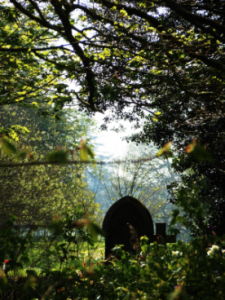
Photo by Carol Dixon
Jesus himself spoke honestly to God and to those around him and his statement ‘I am the way, the truth and the life’ encourages us as we follow in his footsteps by the way we live our lives. If we are truthful when we speak to God and others, ‘speaking the truth in love’ and are willing to look for life-giving hope in dark situations, then the life that was in Jesus will live in us and guide us on our way with him.
Is there someone you know who needs God’s mercy today in their lives to whom you can bring the love and peace of God in this pandemic, through prayer or action, to lead them on the path from despair to hope? Is God calling you to walk the way of Jesus bringing truth and life in the Holy Spirit into their lives – and yours?
In a recent survey, we were told that people really like the prayer cards in our store, so we are offering them on sale for the month of August! A book bundle includes the book as well as a set of prayer cards. If you have not checked them out yet, please do!
These cards are great for using as a spiritual practice that allows you to focus on the words and photo by tangibly holding the prayer card. They make a great gift for family and friends as well!
Book Bundles on Sale!
- The Gift of Wonder + Gift of Wonder Prayer Cards
- Return to Our Senses + Breath Prayer Cards
- To Garden with God + Celtic Prayer Cards
- A Journey into Wholeness + Breath Prayer Cards
- A Journey Toward Home + Advent Prayer Cards
- Waiting for the Light + Advent Prayer Cards
- Return to Our Senses + Study Guide + Breath Prayer Cards – Download
- To Garden with God + Celtic Prayer Cards – Download
Prayer Cards on Sale!
For the month of August, our prayer cards are on sale! One card set is $9.99 and 3 sets are $24.99!
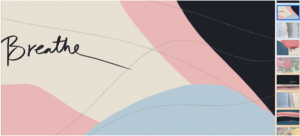 Breath Prayer Cards: Uniquely designed with a breath word and prayer each card will help lead you into a powerful meditation. Contains 12 cards in a set.
Breath Prayer Cards: Uniquely designed with a breath word and prayer each card will help lead you into a powerful meditation. Contains 12 cards in a set.
Celtic Prayer Cards: Each set contains 10 prayers inspired by ancient Celtic saints or contemporary Celtic writers. A short reflection on the back of each card will introduce you to the Celtic Christian tradition.
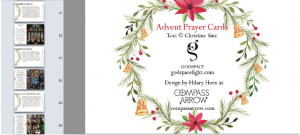 Advent Prayer Cards: This set of 12 cards will help you reflect on the Advent and Christmas story. They begin with Celtic Advent including 6 for Advent, 1 for Christmas Eve, 4 for the Christmas season and 1 for the Eve of Epiphany.
Advent Prayer Cards: This set of 12 cards will help you reflect on the Advent and Christmas story. They begin with Celtic Advent including 6 for Advent, 1 for Christmas Eve, 4 for the Christmas season and 1 for the Eve of Epiphany.
I’ve been doing a bit of taking known Bible stories and giving them a “flip” sideways. I have written a tale about Adam and Eve being bored with being shut in the Garden of Eden and wanting out which is why they succumbed to the temptation of the apple. I don’t believe it came out of the blue. ?
Anyway, yesterday I was chatting with friends about Bible stories people struggle with and how much is allegorical and how much was factual. One of those tales was Noah’s ark. So I will share my thoughts.
Noah’s Tale
The world was a bad place. People were going about their daily lives selfishly and not thinking of each other. The economy was in bits, people weren’t caring for each other. There were wars and rumors of wars and the fears of climate change.
Noah was praying and asking God what should be done when God said to him “Gather your family around you, your sons and their wives, and gather a selection of animals and food for you all and go to the place I have for you.”
“But how long for,” asks Noah. “And why?”
“Just take them all and gather what you need and shut the doors,” said God
So Noah, his wife, his three sons and their wives, plus a selection of animals, at least one male and one female of each kind, went to the large farmstead they had built and padlock all the gates. As soon as they had done this, the World Health Organisation (WHO) announced a global pandemic. Governments across the world said people must stay at home until further notice.
One month passed and Noah and his family were getting a bit fed up of just seeing each other, of playing board games, of reading books, of making bread, so Noah asked God how long this would last and God replied, “Until it is over.” Another month passed, then another. Slowly governments start to lift the lockdowns to restart the economy. The Noah family started to kill the rapidly breeding rabbits to feed themselves and some of the carnivores. They cut the hay, milked the cows and looked to the internet to see what was going on. There was the threat of a second wave and so they waited.
Ok, you’re getting the picture. Noah went into the ark whilst God cleared up the world around them. Noah did not know what was going on as him and his family were effectively on lockdown. Noah also did not know how long they would all be in the ark and how much they would need to continue their lockdown.
As I chatted with my friends about this, I felt we’ve had this tale sanitised in too many Sunday school classes and tried to explain it away so we like the story but if we look at it as an allegory we can see the tale as relevant for our lives today. God shut a family away together for an interminable amount of time and yet was still with them. They did not know how much food to take on the ark for themselves and these animals, but there was enough.
I believe God said to me yesterday that we are like Noah and in unprecedented times for an undeterminable amount of time, but that he is with us and there is enough to keep us going.
~~~~~
Post originally from Aspirational Adventures. Photo above by Jeff Jacobs on Pixabay.com.
by Christine Sine
It’s week three of my discernment process.
At the beginning of the week, I was getting really impatient and frustrated because I was a little sick of the journey and wanted to get to the end. So I drew another doodle. It was a very simple doodle that I realized when I opened my eyes, I had drawn with a pen that was on its last legs. So there were some gaps in the pattern. I quickly filled it in to create the pattern below and as I did so, I heard God say those unwanted words BE PATIENT.
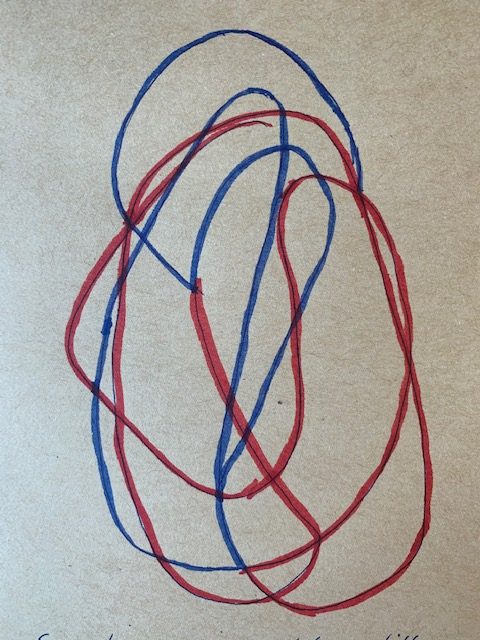
Simple doodle
Be Patient
Be patient – some lines are incomplete and still need work to become what they are intended to be.
Be patient – those lines could become the strongest of all.
Be patient – the strong and the weak intermingle to form the completed pattern.
Be patient – don’t hurry, do not get ahead of yourself or ahead of God.
Be patient – allow God to fill in the lines.
It is hard for me to be patient, to wait for God and listen. I want the questions I am focusing on to move me towards action and I have a pretty good idea of what I want that action to look like.
Becoming Indifferent
The second word that came to me was INDIFFERENCE, a thought that was stirred by Elizabeth Liebert’s The Way of Discernment. It may sound a little strange as we tend to think of indifference as unconcern. She, however, talks about becoming indifferent to the outcome of a discernment process by laying down our preconceived ideas of what the future should hold. I wanted to give birth to something new and therefore, in my mind, exciting – maybe a new book or a new focus for my writing over the next couple of years.
“Reaching the point of indifference in discernment simply means no longer being bound to any single option, outcome, point of view, ideology, person or strong impulse towards any single option. It means experiencing a freedom to choose what best nourishes both one’s deepest happiness and the world’s thriving.” (Liebert 34)
So I had just settled in to wait and had laid down all my expectations of what the future could hold when I had one of those providential encounters that seemed to bring everything into focus and help me to realize exactly where my heart lies.
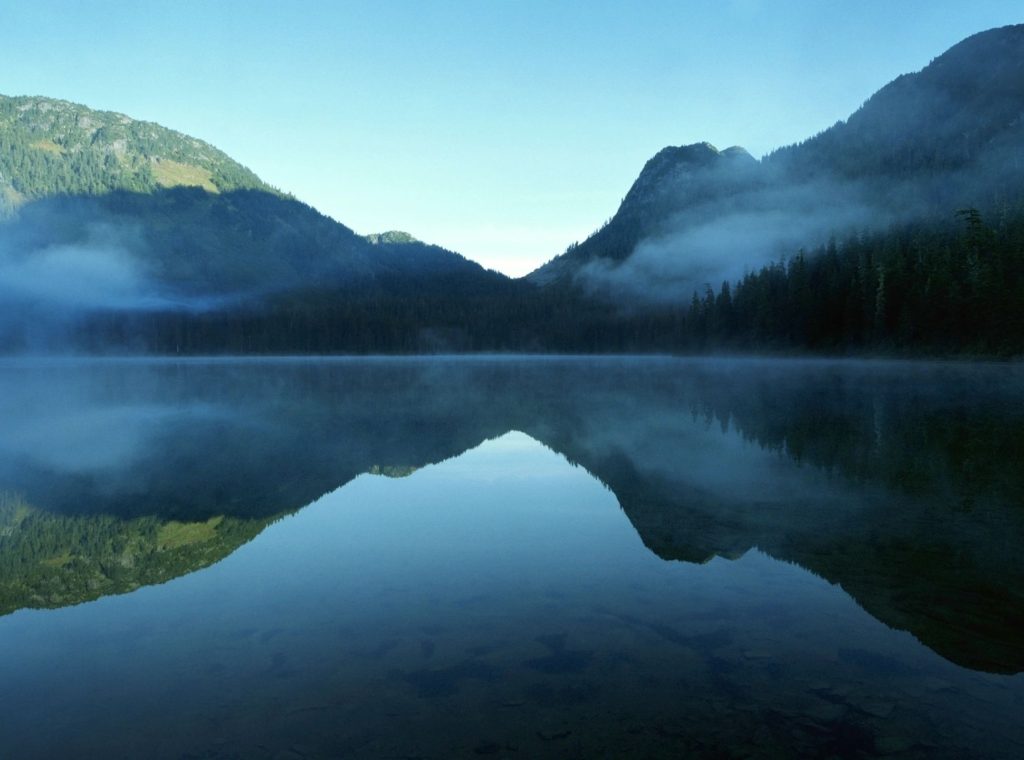
The power of awe and wonder
Healing Power of Awe and Wonder
I don’t need a new focus, I already have a passion. Over the last few months, our souls have been battered by pandemics, race riots, economic insecurities and environmental crises. It seems to me that the whole population is suffering from Post Traumatic Stress Syndrome. Awe and wonder are powerful but little recognized tools to help bring healing in the midst of this trauma. And that is where I feel my focus needs to be – helping people tap into the healing power of awe and wonder.
We all need to discover the wonder of a God who loves us and our world passionately and feels deeply the pain of what is happening. We need to rediscover the joy of living in the world as it is now, not as it was or as we hope it will be and to learn to rejoice in the beauty of the small and the hidden things, the delight of gasping in awe at the created world through which the glory of God shimmers.
We also need to reconnect to the wonder of a vulnerable God who feels deeply the pain of our world and who often most vividly appears in the outcast, the broken, the marginalized and the abandoned. When our hearts ache, it is God’s pain that aches in us. God suffers with us and I am awed by the wonder of this God who is present in inspiring ways in the midst of our lament.
I am not sure that my discernment process is over, but I now feel that I have a sense of the next steps and once again it is John O’Donohue who leads me.
When the heart is ready for a fresh beginning unforeseen things can emerge”
I realize that what has emerged here is not unforeseen to many of my friends. When I asked my Facebook friends what they saw as my contribution to the world, the commonest response was “connecting us to awe and wonder”. So expect to hear more about awe and wonder from me in the future. It really does have incredible healing power.
As an Amazon Associate, I receive a small amount for purchases made through appropriate links.
Thank you for supporting Godspace in this way.
When referencing or quoting Godspace Light, please be sure to include the Author (Christine Sine unless otherwise noted), the Title of the article or resource, the Source link where appropriate, and ©Godspacelight.com. Thank you!

